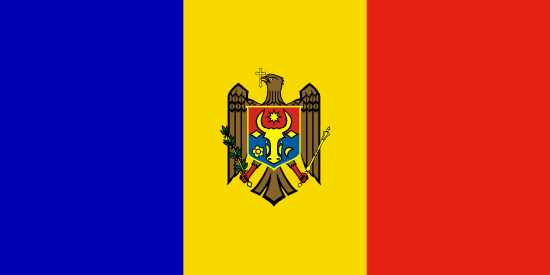
Health Insurance in Moldova, Europe
Information expatriation
Capital City: Chisinau
Total area: 33,851 km2
Population: 3,794,000
Money: Currency Converter
Time Zone: List of time zones by country
Calling Code: +373 XXX
Practical Information:
Health Product: Travel Insurance and Health insurance
Health Insurance information and Sanitary Risk: World Health Map
BLOG: Expat Health insurance Information
Here is a brief description of the healthcare system in the country:
· Moldova has a universal healthcare system that is government-funded and provides coverage to all citizens. It is modeled on the Semashko system previously used in the Soviet Union.
· Healthcare spending is around 12.5% of the country's GDP, with about 75% coming from government sources. The rest is made up of private insurance and out-of-pocket spending.
· Medical services are provided through district polyclinics, hospitals, emergency services, and specialized healthcare facilities.
· Access to quality care is inadequate in rural areas due to lower numbers of doctors and medical infrastructure outside major cities.
· Moldova faces health challenges like high rates of non-communicable diseases, a high infant mortality rate compared to Europe, and an aging population.
· The country struggles with shortages of medical equipment, drugs, and a brain drain of healthcare professionals.
· Private health insurance and private medical services play a small role and are mostly used by expats and wealthier citizens.
Here are some key health considerations for expatriates living in the country:
· Purchase comprehensive international medical insurance that covers costs and medical evacuation/repatriation if needed. Local care quality can be poor.
· Register with a local doctor and dentist. Public clinics have limited supplies and long wait times. Private practices are better.
· Rural areas have much less access to facilities and specialists. Make a plan for emergencies in remote locations.
· Keep routine vaccinations up-to-date and stay current on hepatitis A and typhoid shots.
· water safety - only drink commercially bottled water or boil tap water rigorously.
· Air pollution in cities and smog from heating/cooking indoors impacts lung and heart health.
· Bring adequate supplies of any prescription medication. Brands and doses may differ locally.
· Mental health services have long waitlists. Look into international telehealth options if needed.
· Consider medical contingencies carefully if relocating with family, especially young children or elderly.
· Thorough health planning is vital when living in Moldova due to infrastructure challenges and varying care quality between regions. International insurance offers crucial protection.
